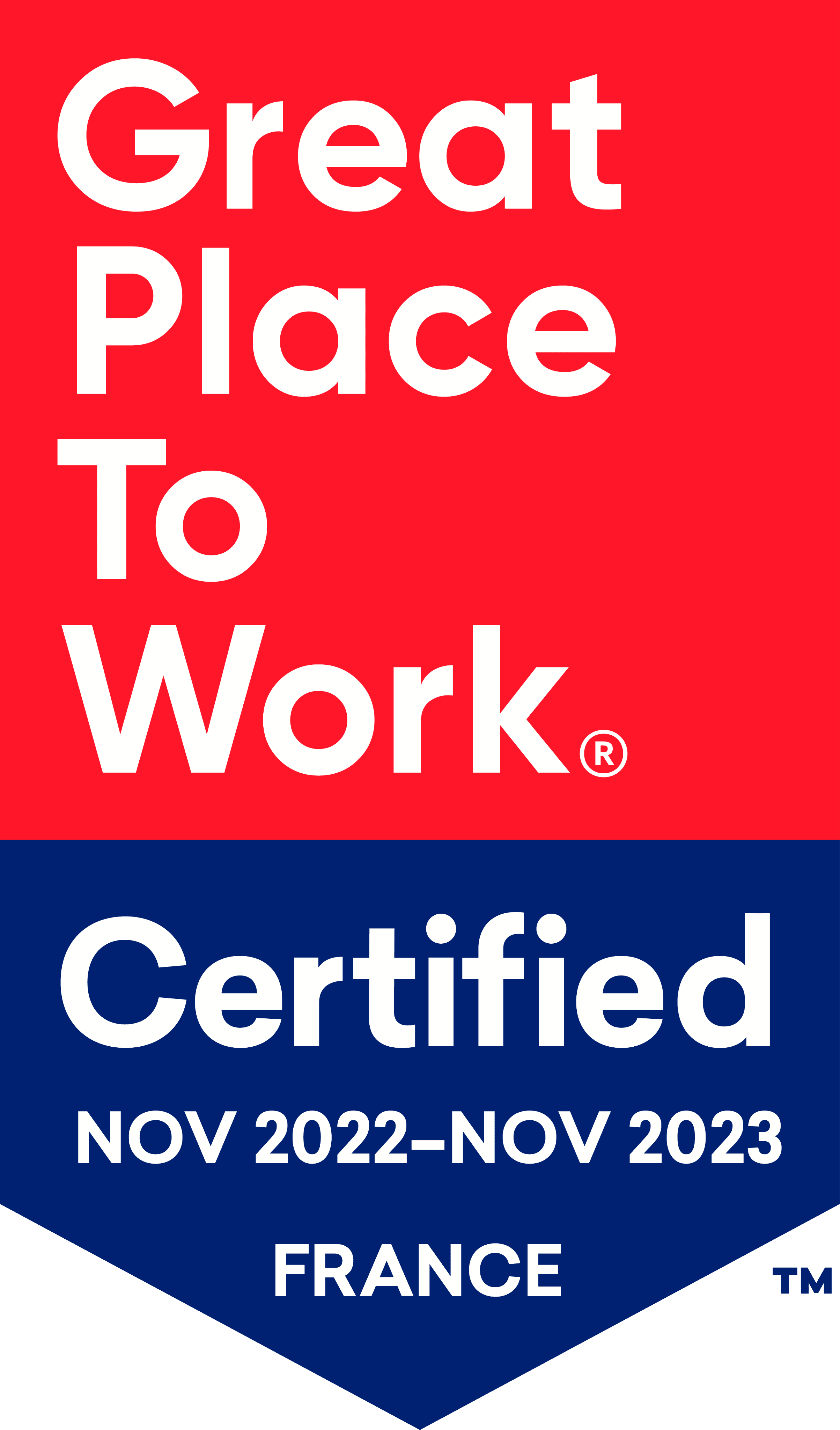
FAQ Sylius : tout savoir sur la solution e-commerce
Depuis son lancement en 2017, le framework Sylius, solution polonaise de e-commerce, a fait du chemin. Encensé par les développeurs, adopté par les agences, Sylius est de plus en plus présent dans les discussions. Pourtant les premiers intéressés, les e-commerçants, sont encore un peu perdus et perplexes face à cette nouvelle solution. C’est bien normal, il est temps de décrypter l’univers de Sylius pour vous aider à y voir plus clair.
























